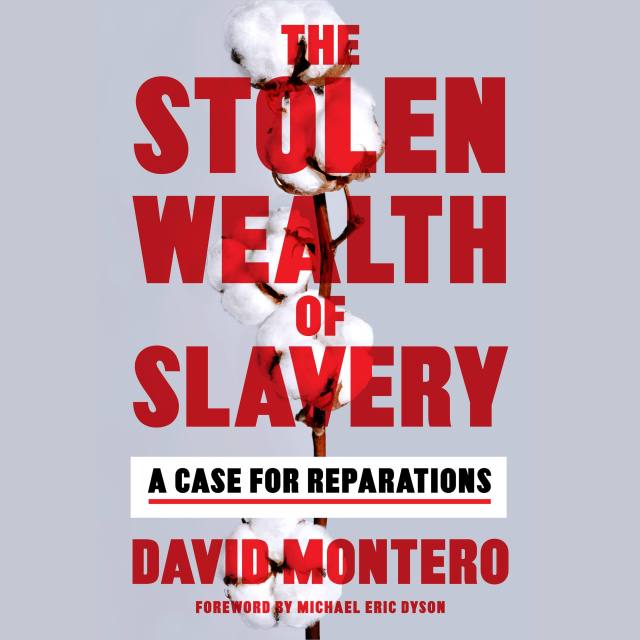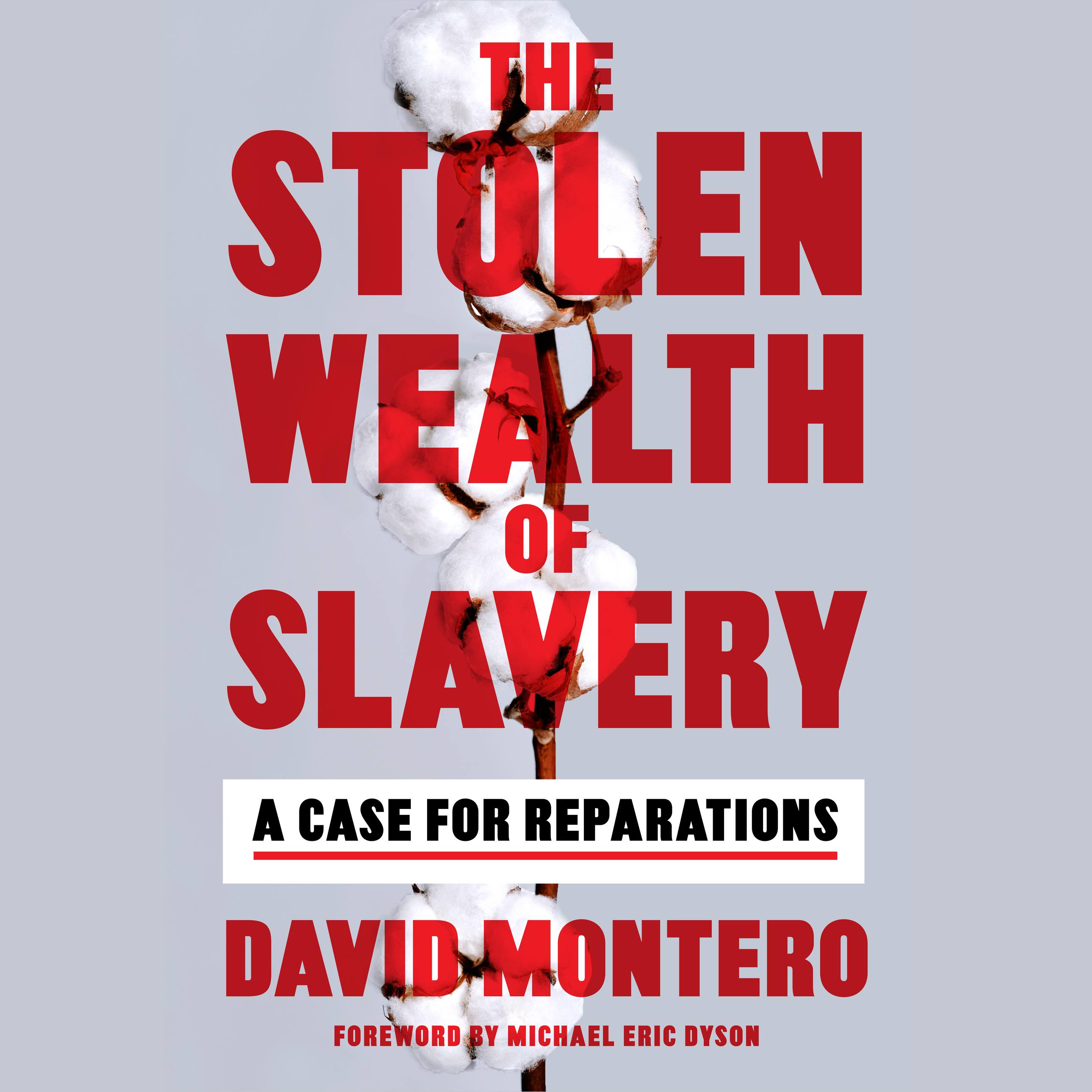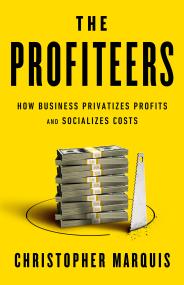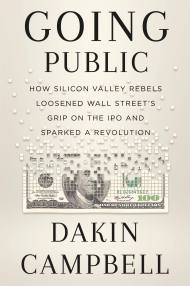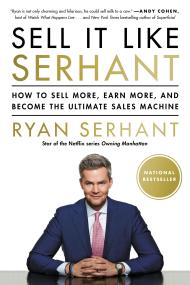Promotion
25% off sitewide. Make sure to order by 11:59am, 12/12 for holiday delivery! Code BEST25 automatically applied at checkout!
By clicking “Accept,” you agree to the use of cookies and similar technologies on your device as set forth in our Cookie Policy and our Privacy Policy. Please note that certain cookies are essential for this website to function properly and do not require user consent to be deployed.
The Stolen Wealth of Slavery
A Case for Reparations
Contributors
Foreword by Michael Eric Dyson
Read by Eric Jason Martin
Formats and Prices
- On Sale
- Feb 6, 2024
- Publisher
- Hachette Audio
- ISBN-13
- 9781668637906
Price
$31.99Format
Format:
- Audiobook Download (Unabridged) $31.99
- ebook $14.99 $19.99 CAD
- Hardcover $30.00 $39.00 CAD
This item is a preorder. Your payment method will be charged immediately, and the product is expected to ship on or around February 6, 2024. This date is subject to change due to shipping delays beyond our control.
Buy from Other Retailers:
In this timely, powerful, investigative history, The Stolen Wealth of Slavery, Emmy Award-nominated journalist David Montero follows the trail of the massive wealth amassed by Northern corporations throughout America’s history of enslavement. It has long been maintained by many that the North wasn’t complicit in the horrors of slavery. The truth, however, is that large Northern banks—including well-known institutions like Citibank, Bank of New York, and Bank of America—were critical to the financing of slavery; that they saw their fortunes rise dramatically from their involvement in the business of enslavement; and that white business leaders and their surrounding communities created enormous wealth from the enslavement and abuse of Black bodies.
The Stolen Wealth of Slavery grapples with facts that will be a revelation to many: Most white Southern enslavers were not rich—many were barely making ends meet—with Northern businesses benefitting the most from bondage-based profits. And some of the very Northerners who would be considered pro-Union during the Civil War were in fact anti-abolition, seeing the institution of slavery as being in their best financial interests, and only supporting the Union once they realized doing so would be good for business. It is a myth that the wealth generated from slavery vanished after the war. Rather, it helped finance the industrialization of the country, and became part of the bedrock of the growth of modern corporations, helping to transform America into a global economic behemoth.
In this remarkable book, Montero elegantly and meticulously details rampant Northern investment in slavery. He showcases exactly what was stolen, who stole it, and to whom it is owed, calling for corporate reparations as he details contemporary movements to hold companies accountable for past atrocities.
-
“David Montero’s The Stolen Wealth of Slavery is a thoughtful and illuminating account of how Wall Street financiers laundered the wealth generated from slavery to build the corporations and banks we know today. This timely book is a powerful indictment of systemic racism and an urgent reminder of the enormous debt owed to Black Americans.”Keisha N. Blain, coeditor of Four Hundred Souls
-
“What sets The Stolen Wealth of Slavery apart from other texts is the rare perspective it provides on the roles banking, money laundering, and wealth creation played in nation building, implicating some of today's most influential global financial institutions. The book sheds light on the vast amount of capital that laid the foundation for Wall Street as we know it today.”Waverly Duck, urban sociologist and author of Tacit Racism and No Way Out
Newsletter Signup
By clicking ‘Sign Up,’ I acknowledge that I have read and agree to Hachette Book Group’s Privacy Policy and Terms of Use
